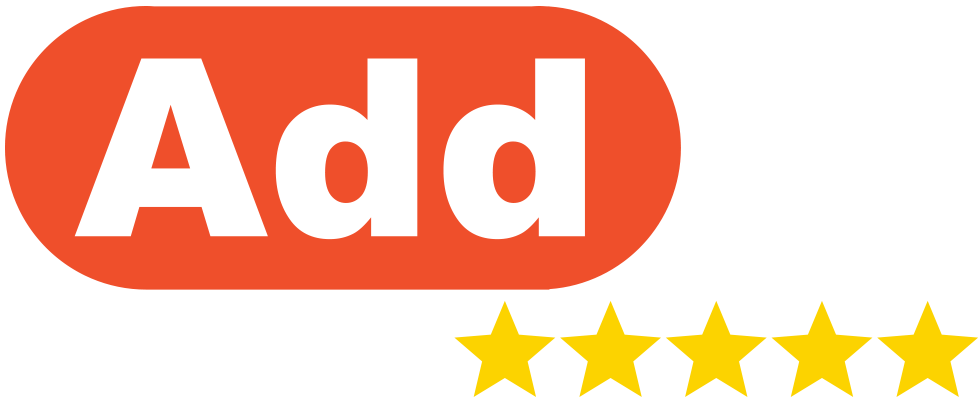People who have invested in the regional TLD, .asia will be disappointed to know that their domains probably aren’t worth much. Recently sold at auction were five generic .asia domains, which did not sell for substantial amounts, considering what they would if they were domains of another TLD or ccTLD (like .com or .fr).
 nicholas
nicholas
.info (Information) and .es (Spain) Domain Registration Specials
If you want to register a few domains and are willing to wait, keep an eye on the big domain registrar, such as Moniker, GoDaddy …
URL Shortening Services & Short URL’s
Short URL’s are helpful when a user is limited to a certain number of
characters, such as on Twitter. When using most Twitter applications,
whenever a long URL is entered in a tweet, it is automatically
shortened, using a shortening service like bit.ly.
These shortening services usually take advantage of recently released
TLD’s to get a domain name as short as possible. Recently, Google
jumped on the bandwagon with goo.gl, another URL shortening service.
City of Paris Sues Paris.org Owner
The City of Paris has recently filled a lawsuit against the owner of
Paris.org, who has owned the domain since 1995. A UDRP dispute would not
be effective, as the domain is not parked or being used in bad faith, so
they have decided to take it to French Court.
This is part of the City of Paris’ continuing venture to find a court
who will grant them exclusive rights to any domain containing the word
“Paris.” Judging by the results of their previous lawsuits and UDRP
disputes, it is not likely that they will be awarded the rights to
Paris.org.
VeriSign to Raise .COM & .NET Prices
 VeriSign has recently announced that they will be raising .COM and .NET annual fees as of July 1st, 2010. ICANN has an agreement that VeriSign is allowed to raise their .COM fees by up to 7% per year. VeriSign took advantage of this in the first two years of its contract, raising .COM registration from $6.00 to $6.86. It was assumed that VeriSign would increase its prices every year to maximize profits, but it did not in 2009.
VeriSign has recently announced that they will be raising .COM and .NET annual fees as of July 1st, 2010. ICANN has an agreement that VeriSign is allowed to raise their .COM fees by up to 7% per year. VeriSign took advantage of this in the first two years of its contract, raising .COM registration from $6.00 to $6.86. It was assumed that VeriSign would increase its prices every year to maximize profits, but it did not in 2009.
Register, Registrar, Registrant, Registry.. What does it all mean?
These are terms you’ve probably heard used, when talking about domains.
But what do they mean? What’s the difference? Although they sound
similar, they refer to very different things. When talking about
domains or reading articles about domains, these terms will often be
used, so it is important that you understand what they each mean.
Be a Registrar Without Becoming a Registrar
Ever wanted to own your own registrar, but either do not know how, or cannot afford the expense to become accredited with ICANN? Some existing registrars offer what is called a reseller account. This allows you to set up your own domain registration service, without all the hassles or becoming accredited. They will also usually provide you with a customizable management interface for your customers, and sometimes, API (application programming interface) access, so you can create your own interface from scratch.
DNS Errors
The Domain Name System (DNS)
is a naming system for computers or resources connected to the Internet, or a
private network. Its most important function is to translate domain names into
the numerical identifier (usually and IP address) of the computer.
The
DNS is a complex network. If any part of this network, between your computer and
the server you are attempting connect to has problems, you will receive a DNS
error. The problem can be with your computer, your Internet Service Provider
(ISP), the server you are trying to connect to, or any DNS server in between,
making the cause of DNS errors sometimes difficult to find.
Reverse domain hijacking
Domain hijacking is the process of transferring ownership of a domain name without the permission of the registrant (domain owner). This is usually done by hacking into their registrar account or tricking them into giving away their password, by pretending to be their registrar.
Reverse domain hijacking is where someone tries to claim the rights to a domain and use legal threats or UDRP (Uniform Domain Name Resolution Policy) action to have a domain transferred to them from the current owner who also has full right to own and the same domain.
The Future of Domains
As dot com domains become more scarce, the value of generic domain
names rapidly climbs; many shorter generic domains selling for several
million US dollars.
I often wonder if this value increase will continue at this rate, or
if, as new TLD’s (top-level domains) are created, the focus on dot
com’s will decrease.
But, what if domain names become obsolete?







